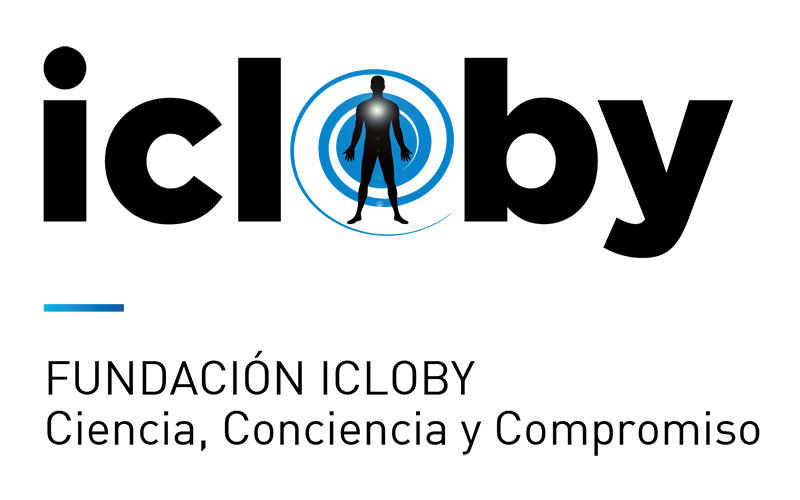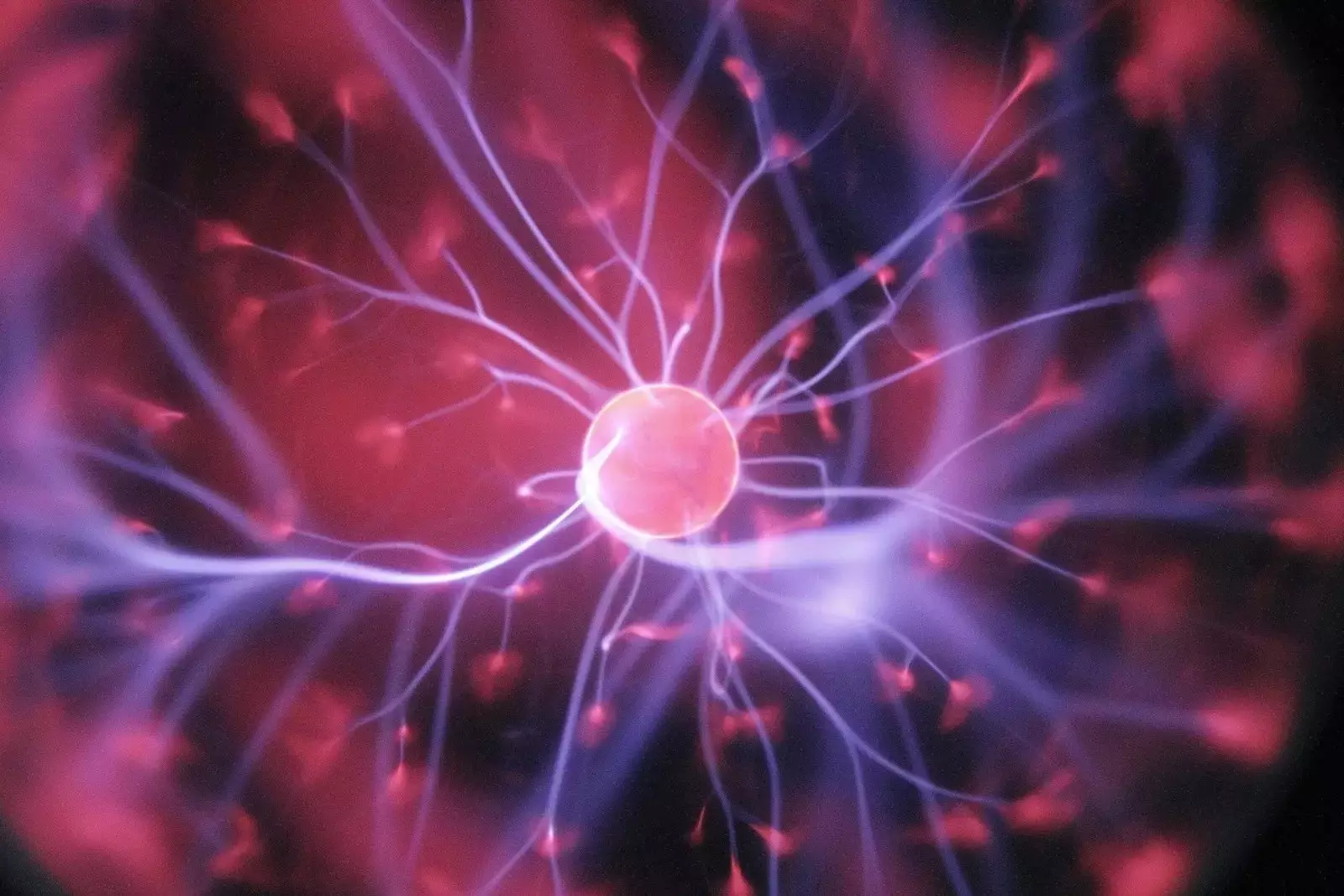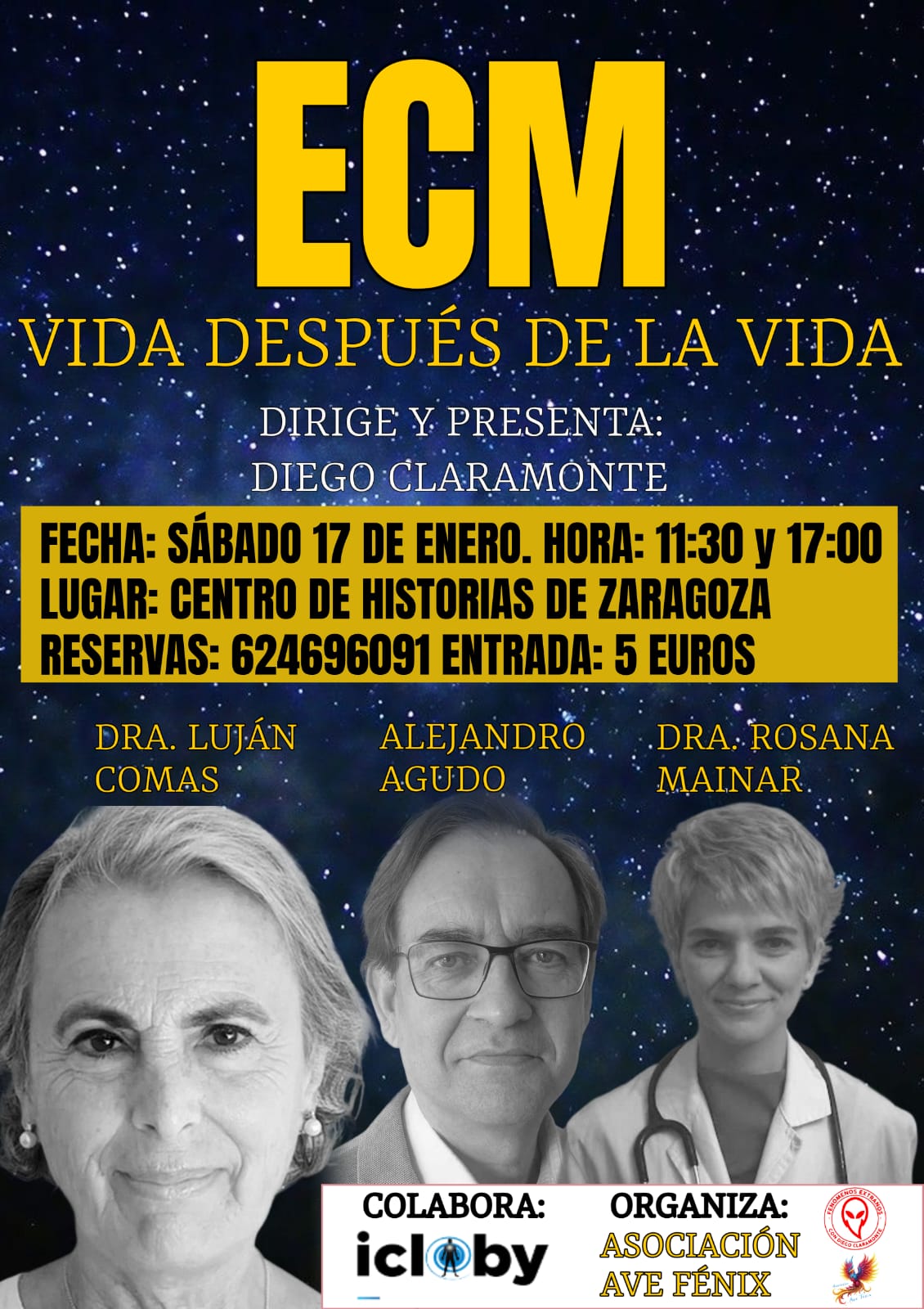Während der Artikel die Ursprünge des Idealismus zurück in Augustinus von Hippo zurückführt, Seine Wurzeln könnten sich wohl bis hin zum Plotinus erstrecken - oder sogar Platon.
Bernardo Kastrup, Wer hat Doktoranden sowohl in Computertechnik als auch in Philosophie, ist eine der originellsten und überzeugendsten Philosophen von heute. Er verzeichnet den analytischen Idealismus, Bieten Sie bedeutende Einblicke in die Art und Weise, wie wir die Welt verstehen sollten, Bewusstsein, und Realität selbst.
Kastrup belebt die idealistische Perspektive nicht nur von Augustinus, sondern auch der idealistischen Perspektive, unerwartet, Auch von Thomas Aquin - zwei Hauptfiguren der schulischen Philosophie. Während der Idealismus seinen Höhepunkt mit Hegel erreichen würde, Kastrup leugnet nicht die Realität experimenteller Phänomene, Erlauben, dass seine Ideen sich mit modernen wissenschaftlichen Entwicklungen auszurichten.
Wo seine Originalität auffällt - dank seines Hintergrunds am MIT und in der Informatik - behauptet, dass diese Erfahrung den Geist nicht überschreitet; Bewusstsein geht nicht über sich hinaus.
Zwei Kastrup, Bewusstsein ist eine grundlegende Realität, auf der eine vollständige Existenztheorie aufgebaut werden sollte, unterstützt durch Fortschritte in der Quantenphysik und der Neurowissenschaften.
Er argumentiert, dass Materialismus, Physikalismus, und Naturalismus sind unvollständige oder falsche Ontologien - Realitätsmodelle, die weder für die Wissenschaft notwendig sind noch eine Bewahrung wert sind. Wirklichkeit, Er behauptet, ist grundsätzlich Bewusstsein, Und was wir als externe Realität wahrnehmen, ist einfach das, was ihm gegeben wird.
Unter diesen nicht-lokalen Phänomenen, Er umfasst PSI -Fähigkeiten wie Telepathie und Fernbeobachtung, sowie meditative Zustände und Erfahrungen, die durch bestimmte Substanzen induziert werden. Entgegen den Erwartungen, Diese erweiterten Bewusstseinszustände - in der Tiefe und des Bewusstseins - werden häufig von einer Abnahme der Gehirnaktivität begleitet
Wenn Bewusstsein nur ein Nebenprodukt der Gehirnaktivität ist, Warum nimmt dann die Gehirnaktivität während solcher erhöhten Bewusstseinszustände ab?
Kastrup verwendet dieses Paradox, um sein idealistisches Modell zu verstärken, Wo das Bewusstsein von grundlegender Bedeutung ist - genau wie die Samen dieser Ansicht in Augustines schulischer Philosophie vorhanden waren.
ÒScar llorens i garcia





